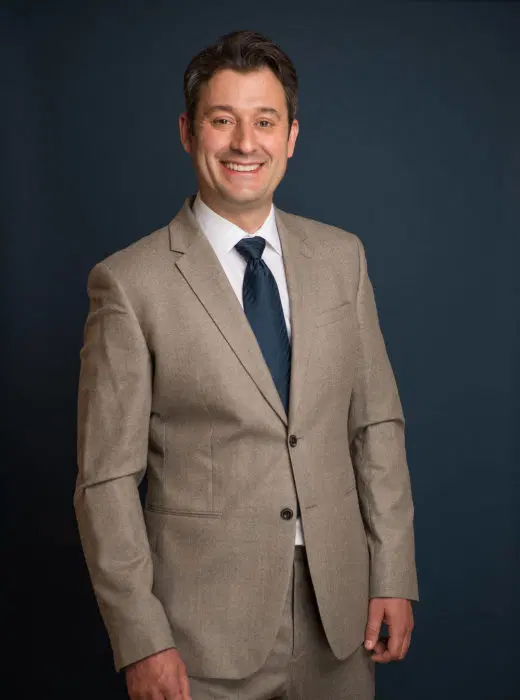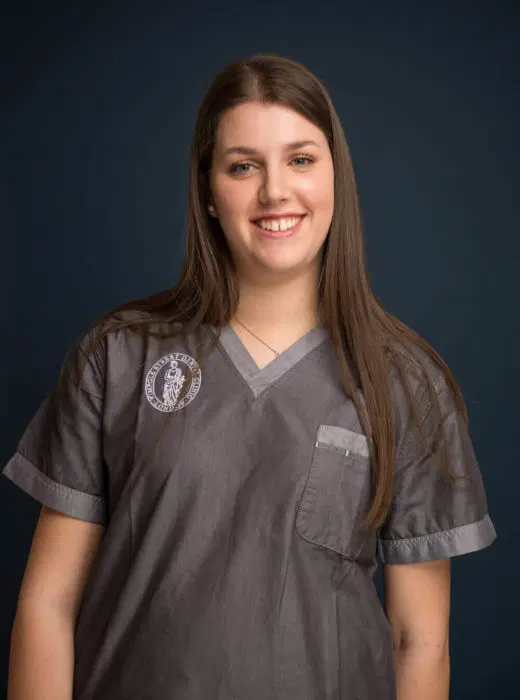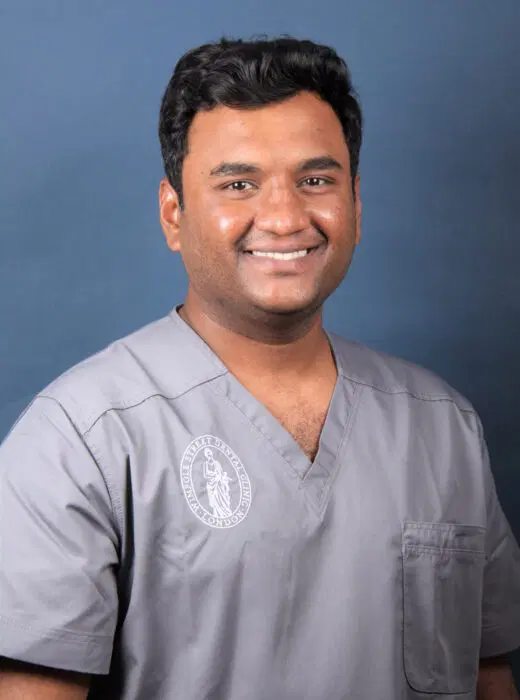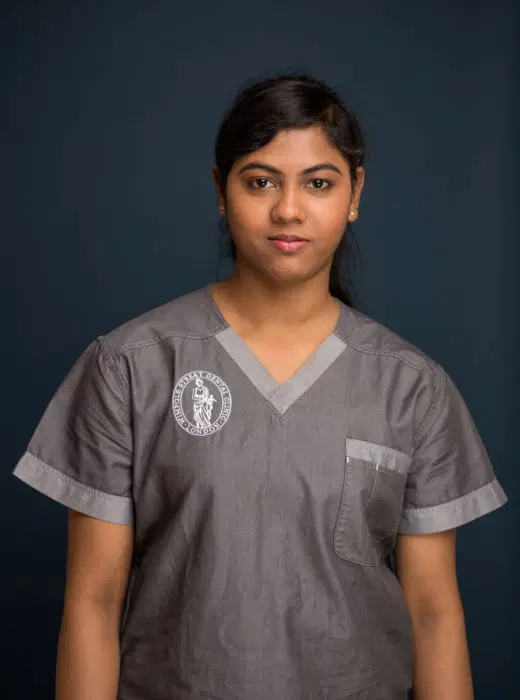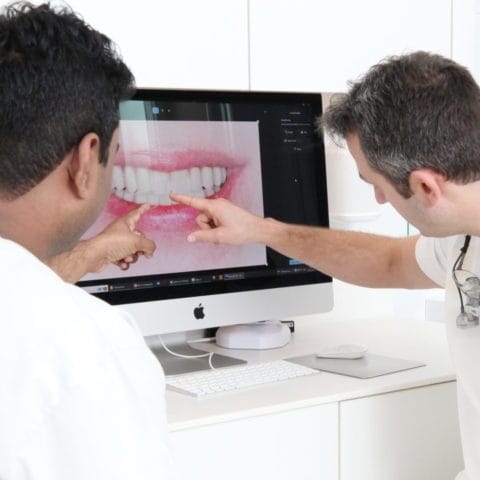Wisdom Tooth Removal in London
Experience safe, expert Wisdom Tooth Removal at Wimpole Street Dental Clinic. Gentle, efficient care for a pain-free, healthy smile.

Treatment
1+ hour

Price
From £400

Team Experience
50+ years

Recovery Time
24 hours

Google Rating
★★★★★ (4.9)

Wisdom tooth removal is a specialised form of oral surgery that addresses issues arising with the last set of permanent teeth, known as wisdom teeth. These teeth typically emerge in the late teenage years or early twenties, and their removal is often necessitated due to limited space in the mouth. When wisdom teeth can’t emerge properly, they become impacted, leading to pain, infection, and potential damage to adjacent teeth and overall oral health.
Impacted wisdom teeth can significantly affect your oral health, causing problems like extensive decay, contributing to gum disease, and even altering the alignment of your other teeth. This is why their timely removal is crucial.
What happens during wisdom tooth removal surgery?
The procedure for wisdom tooth extraction is carried out by either an oral surgeon or a dentist. It typically involves administering local anaesthesia to numb the area around the tooth, or in some cases, general anaesthesia is used to ensure the patient is completely asleep during the procedure. The process involves making an incision in the gum tissue to expose the wisdom tooth. Using specialised instruments, the surgeon or dentist will carefully extract the tooth.
After the removal of a wisdom tooth, it’s essential to follow post-operative care instructions to ensure a smooth recovery. This may include managing swelling, pain, and dietary restrictions for a short period. The aim is to minimize discomfort and speed up the healing process.
At our clinic, we prioritize patient comfort and safety during wisdom tooth removal. Our experienced team ensures that each step of the procedure, from initial consultation to post-operative care, is handled with the utmost care and precision. We understand the importance of addressing these dental issues promptly and effectively, ensuring a healthier, pain-free smile for our patients.
Meet your award-winning Wisdom Tooth Removal dentist and team…
- We have over 75+ years of combined dentistry experience across our specialist team.
- 10,000+ treatments performed and counting.
- We are leaders in the dental industry – we regularly teach, lecture and publish our research work internationally.
Our Expertise
If you find you need a procedure you will undoubtedly be looking for a specialist within this field of general dentistry whom you can trust to deliver the latest best practice, clinical outcome success, the highest quality standards and a patient-first treatment approach.
Come to Wimpole Street Dental Clinic in London to be relaxed and reassured by our dentists offering a multi-disciplinary and holistic approach to their work. Our clinical expertise includes the full range of dentoalveolar surgery like the extraction of impacted wisdom teeth present in complex cases.
Implant therapy, along with bone augmentation, such as sinus lifts and soft tissue rehabilitation form a vital part of our specialist practice.
We have decades of combined experience in both cosmetic dentistry and general dentistry.
Our state-of-the-art dental practice is conveniently located near the prestigious Wimpole Street in the heart of London (accessible by underground, taxi, bus and car). It features some of the most innovative and latest technology available in dentistry today.

HELEN LI
Wimpole Street Dental has the highest most ethical standard of work, personable approach, clear and safe procedures, top notch excellence and reliability in treatment provided with utmost professionalism from crème de la crème world class specialists all under one roof.
What happens during oral surgery?
After an initial consultation at our central London dental practice, our dentist will diagnose the state of your wisdom teeth or any present cysts or infections for example.
Your dentist will take an X-ray using our state-of-the-art 3D X-ray technology to determine the best dental care plan for you to agree on together.
Ideally, before any surgical procedure, you should see the dental hygienist as this reduces the risk of infection after the oral procedure.
Rest assured that you will receive a local anaesthetic to numb the affected tooth and surrounding gums before the treatment begins.
The area may be accessed with small incisions which assist in the effective removal of the affected tooth or tissue.
With a wisdom tooth especially, you may feel a sensation of pressure as your dentist proceeds to remove the affected tooth from its socket by widening it slightly for ease of extraction.
Post-surgery, trust your dentist to seal the affected area with dissolving or non-resorbable stitches as required, explain your aftercare plan and schedule your next check-up.
Take your first step with Wimpole Street Dental Clinic
Discover the path to a brighter smile with Wimpole Street Dental Clinic! Our team of skilled professionals utilizes advanced technology to provide personalised dental care in a comfortable setting.
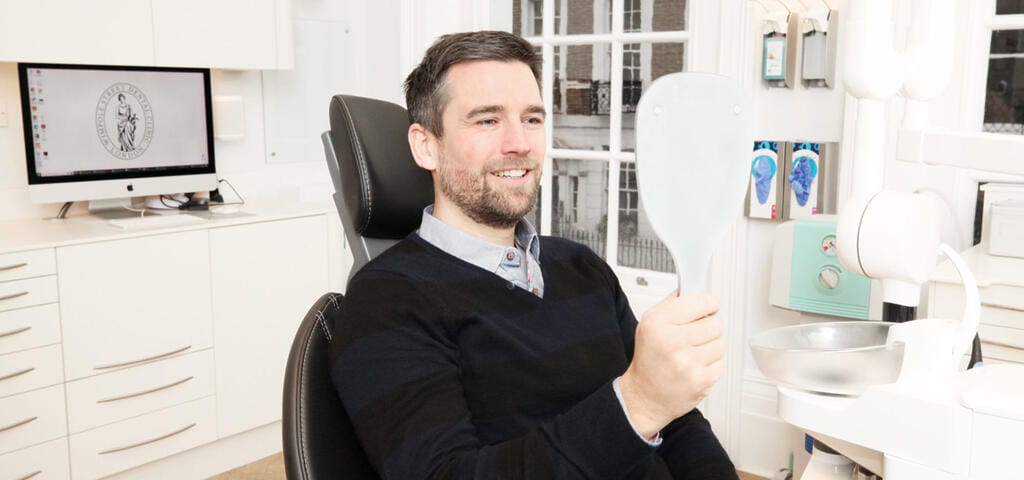

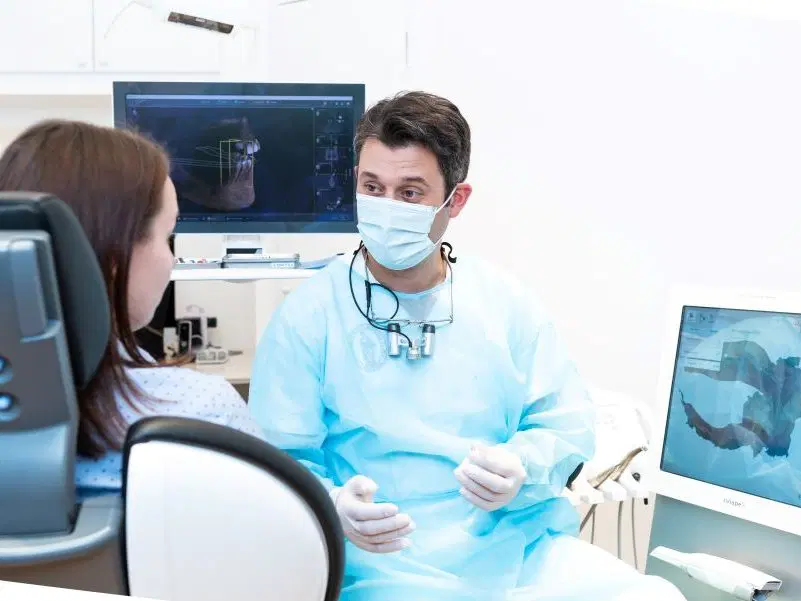

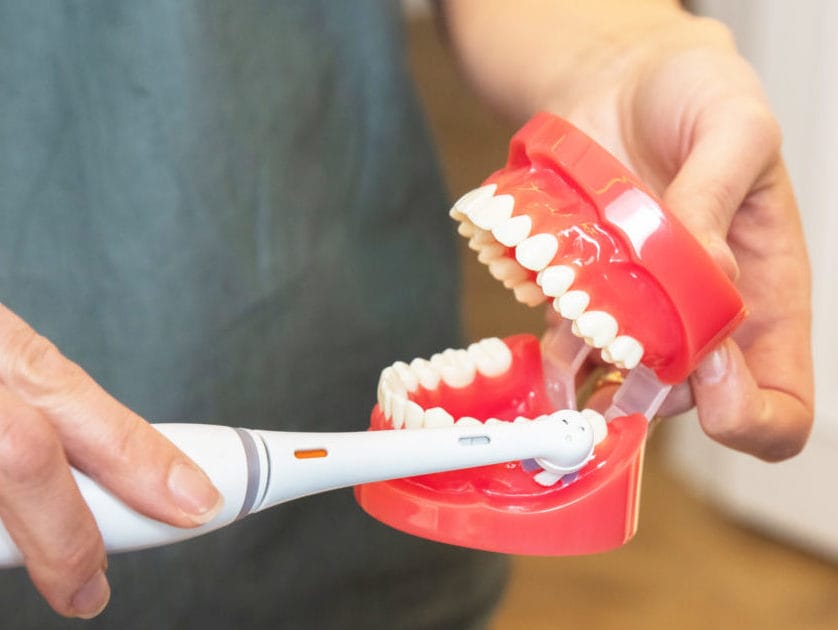
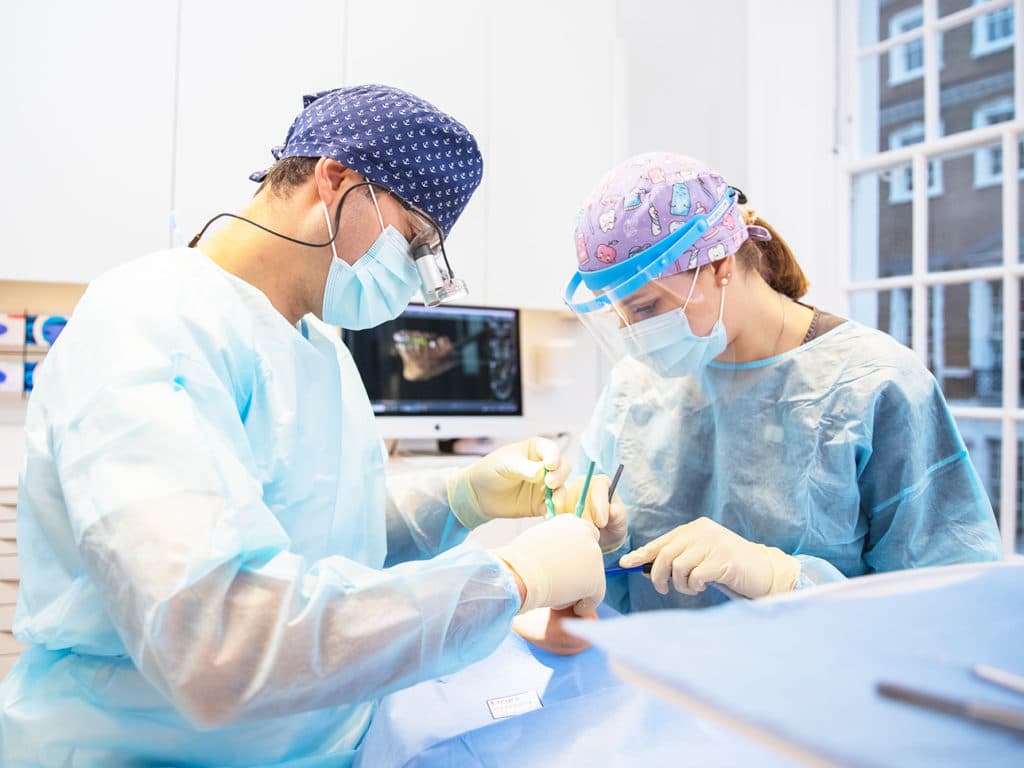
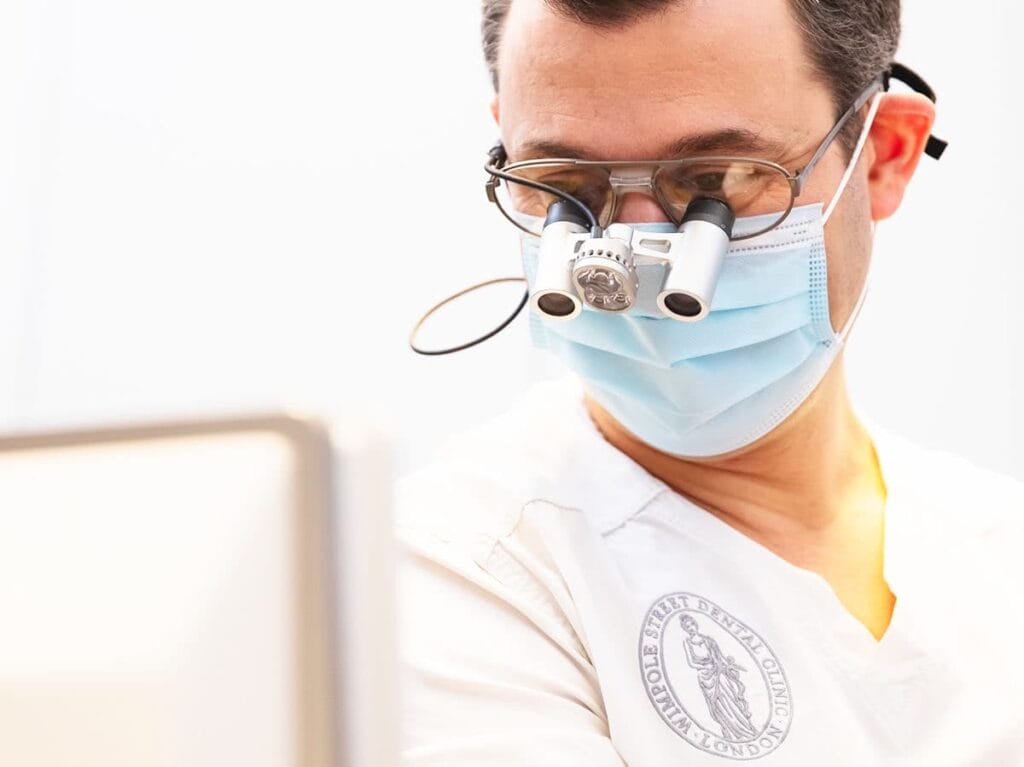



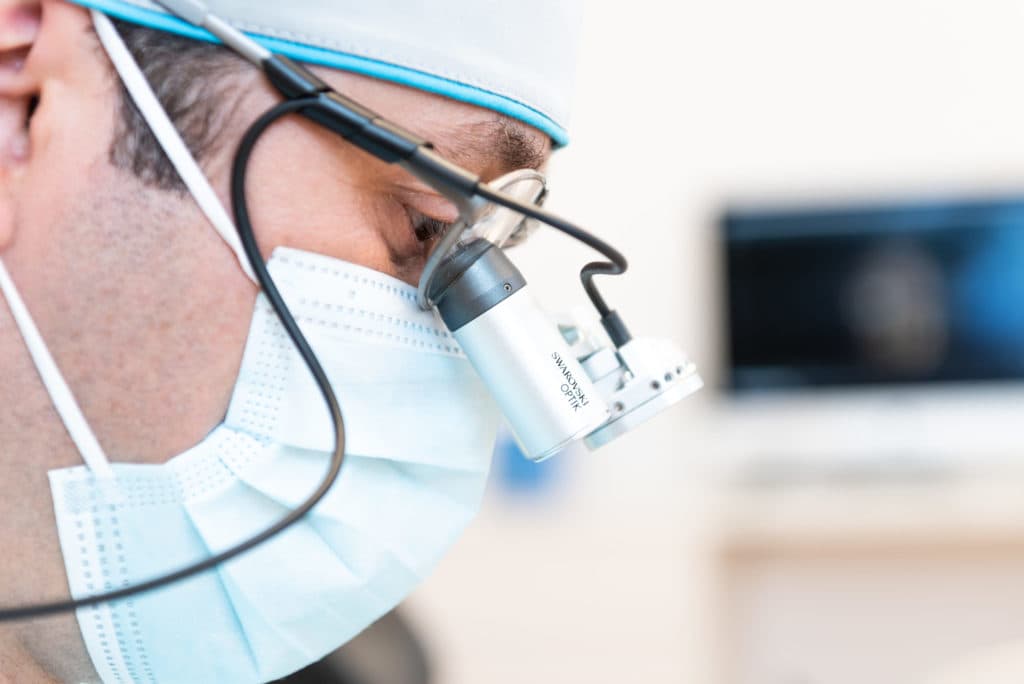

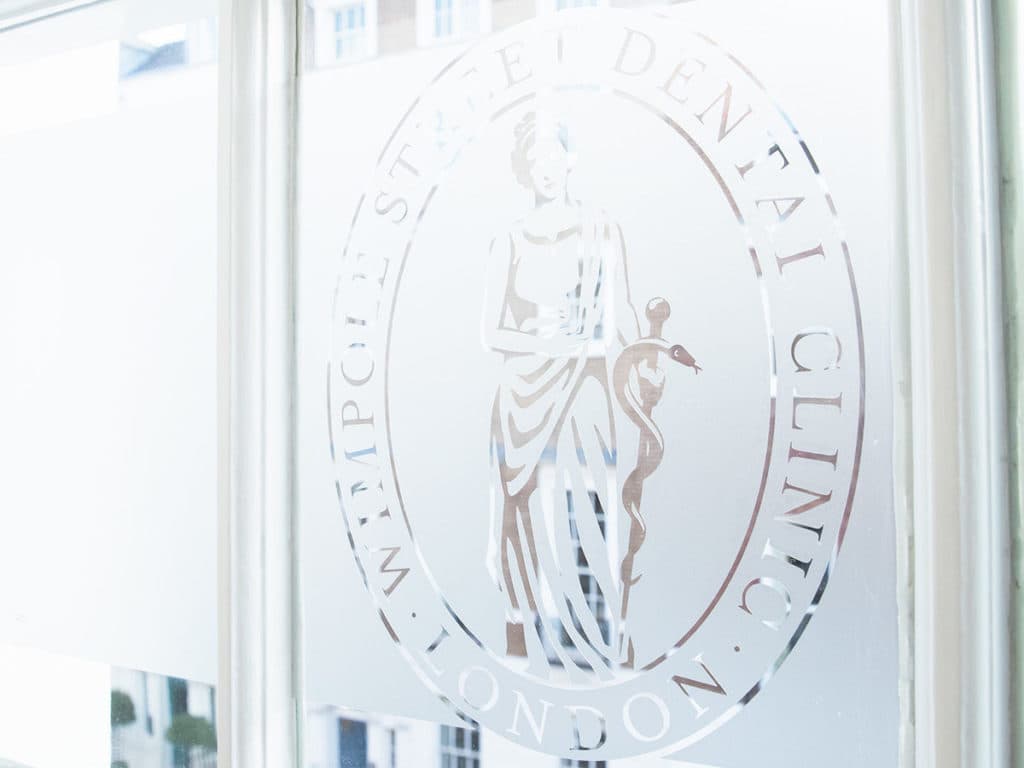
Merged with “Wisdom Tooth Removal”
Written by: Prof Dr Christian Mehl
Medically reviewed by: Dr Raul Costa
New page design
Written by: Prof Dr Christian Mehl
Medically reviewed by: Dr Raul Costa
Author biography added
Written by: Prof Dr Christian Mehl
Medically reviewed by: Dr Raul Costa
Original content created
Written by: Prof Dr Christian Mehl
Medically reviewed by: Dr Raul Costa
Wimpole St Dental Clinic has strict sourcing guidelines and relies on peer-reviewed studies, academic research institutions, and medical associations. We avoid using tertiary references. You can learn more about how we ensure our content is accurate and current by reading our editorial policy.
- Beck-Broichsitter BE, Garling A, Koehne T, Barvencik F, Smeets R, Mehl C, Jeschke A, Wiltfang J, Becker ST. 3D-tracking the regenerative potential of the mandible with micro-CTs. Oral Maxillofac Surg. 2015 Mar;19(1):29-35. doi: 10.1007/s10006-014-0443-8. Epub 2014 Feb 28. PMID: 24577628.
- Mehl C, Kern M, Meinke N, Açil Y, Bähr T, Wiltfang J, Gaßling V. Can one-wall bone defects be augmented with xenogenic bone grafting material alone? J Craniomaxillofac Surg. 2016 Sep;44(9):1137-42. doi: 10.1016/j.jcms.2016.04.022. Epub 2016 Apr 22. PMID: 27530667.
- Harder S, Wolfart S, Mehl C, Kern M. Performance of ultrasonic devices for bone surgery and associated intraosseous temperature development. Int J Oral Maxillofac Implants. 2009 May-Jun;24(3):484-90. PMID: 19587871.
- Harder S, Wolfart S, Mehl C, Kern M. Performance of ultrasonic devices for bone surgery and associated intraosseous temperature development. Int J Oral Maxillofac Implants. 2009 May-Jun;24(3):484-90. PMID: 19587871.


